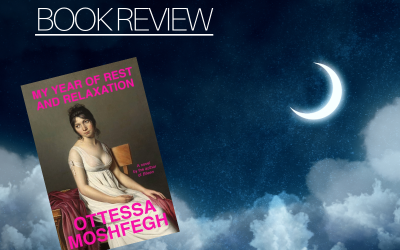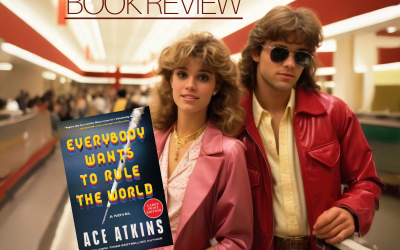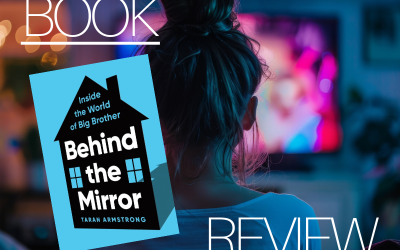My Twitter feed this week has been full of reports of new social media tools for marketing and PR pros, like Pinterest and Highlight. Along with requisite hype comes the cynicism. Are these new tools just another bright shiny thing that will be hot for a few weeks, only to be eclipsed by the next next thing?
Personally, I think I’m getting a bad case of novelty fatigue. On the worst days, I wonder if I’ll spend the rest of my PR career playing catch-up to whatever the new tools of communication are, lurching from the new thing to the new new thing with no time to gain expertise or insight.
But if I want be an innovator myself, I need to adjust that attitude. Relentlessly trying new things is at the heart of innovation. At least, that is what INSEAD Leadership Professor Hal Gregerson concluded at the end of an eight-year study of the world’s most innovative companies. He and his co-authors (Jeffrey Dyer, UCLA and Clayton Christensen, Harvard) published their findings in July 2011 in their book Innovator’s DNA, which spells out five skills of innovators. One is experimenting – relentlessly trying new things, taking things apart and trying out new ideas. Another is associational thinking, drawing connections among questions, problems or ideas from unrelated fields. Observing and networking help to gain new perspectives, while questioning allows innovators to challenge the status quo and consider new possibilities.
The authors say that anyone can innovate if they practice these five skills, or habits. At the center of each one is the idea of being open to new ideas. So I’m trying to brush off the novelty fatigue and experiment, question, observe, network and employ associational thinking. Check out the Innovator’s DNA web site to learn more about how to create a fertile field for innovation to bloom.





0 Comments